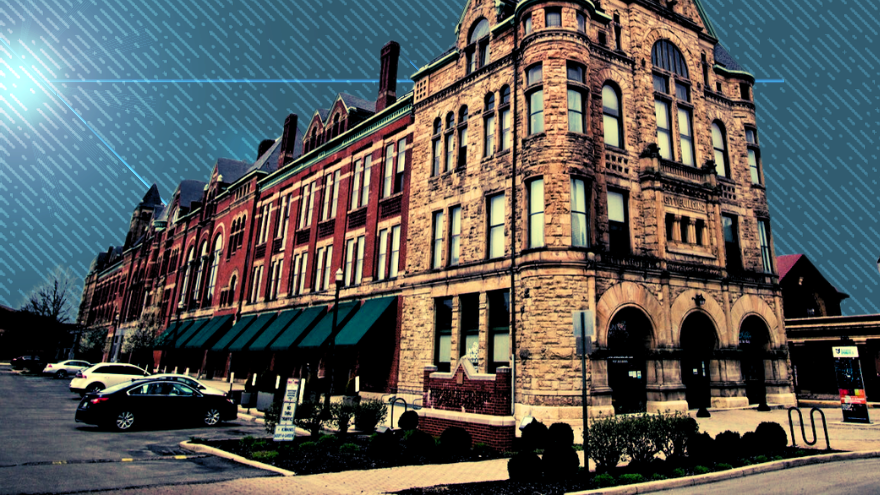This surge follows the Biden administration's expansion of Temporary Protected Status (TPS) for Haitians, which allowed approximately 20,000 Haitian nationals to relocate to Springfield — a city of just 60,000 residents. TPS provides work permits and deportation protection for individuals from countries experiencing crises, such as armed conflicts or environmental disasters. The arrival of migrants — totaling a third of the city's population — has reportedly caused significant disruptions to local infrastructure and culture. In a recent city commission meeting, one resident shared that her mother-in-law had been killed in an accident involving a Haitian national, while other reports suggest migrants have resorted to hunting and consuming wildlife in parks and residential neighborhoods. Despite local officials attempting to downplay concerns, DeWine is highlighting the severity of the situation. The surge has strained local medical providers, who face an increased demand for services, compounded by the need for translators. In response, DeWine is allocating $2.5 million to expand healthcare access in Springfield, working in collaboration with the Ohio Department of Health. Additionally, the governor has directed the Ohio State Highway Patrol to assist the Springfield Police Department in addressing what his office described as "an increase in dangerous driving by inexperienced Haitian drivers." "I want the people of Springfield and Clark County to know that as we move forward, we will continue to do everything we can to help the community deal with this surge of migrants," DeWine said in a statement. "The federal government has not demonstrated that they have any kind of plan to deal with the issue. We will not walk away." The state's efforts also include establishing a school-based health clinic, increasing support for vaccinations and health screenings, providing additional funding for translation services, and offering driver education courses for Haitian migrants. Springfield officials have expressed frustration at the lack of advance notice from the federal government, which they say left them unprepared to accommodate thousands of new residents. “I’m upset at the fact we didn’t get a chance to have an infrastructure in place if there were going to be 20,000 more people from 2020 to 2025. We didn’t get to do that,” Springfield Mayor Rob Rue said during a recent city commission meeting. “Springfield is now saturated.” DeWine is calling on federal authorities to do more to support communities coping with the unexpected rise in migrant populations. "The federal government needs to assist these communities with funding because these dramatic migrant surges impact every citizen in the community — the moms who have to wait hours in a waiting room with a sick child, everyone who drives on our streets, and the children who go to school in more crowded classrooms," said DeWine. "The federal government does not have a plan to give any support to the communities impacted by surges, and we have absolutely no indication that a plan is coming in the near future."Ohio Gov. Mike DeWine announced plans to deploy additional police and healthcare resources to Springfield, a city struggling to manage a recent influx of Haitian migrants.
Border /
Ohio Gov. Sends Police, $2.5 million in Aid to Springfield Amid Haitian Migrant Surge
'The federal government has not demonstrated that they have any kind of plan to deal with the issue'

*For corrections please email [email protected]*
